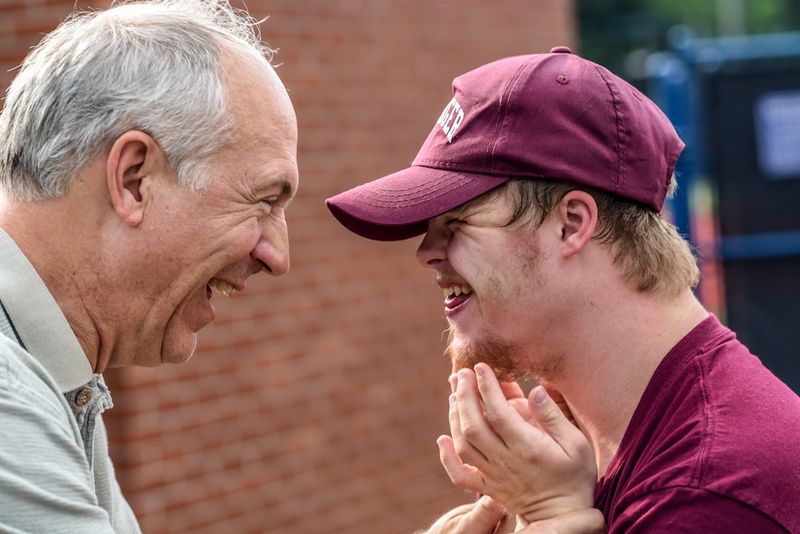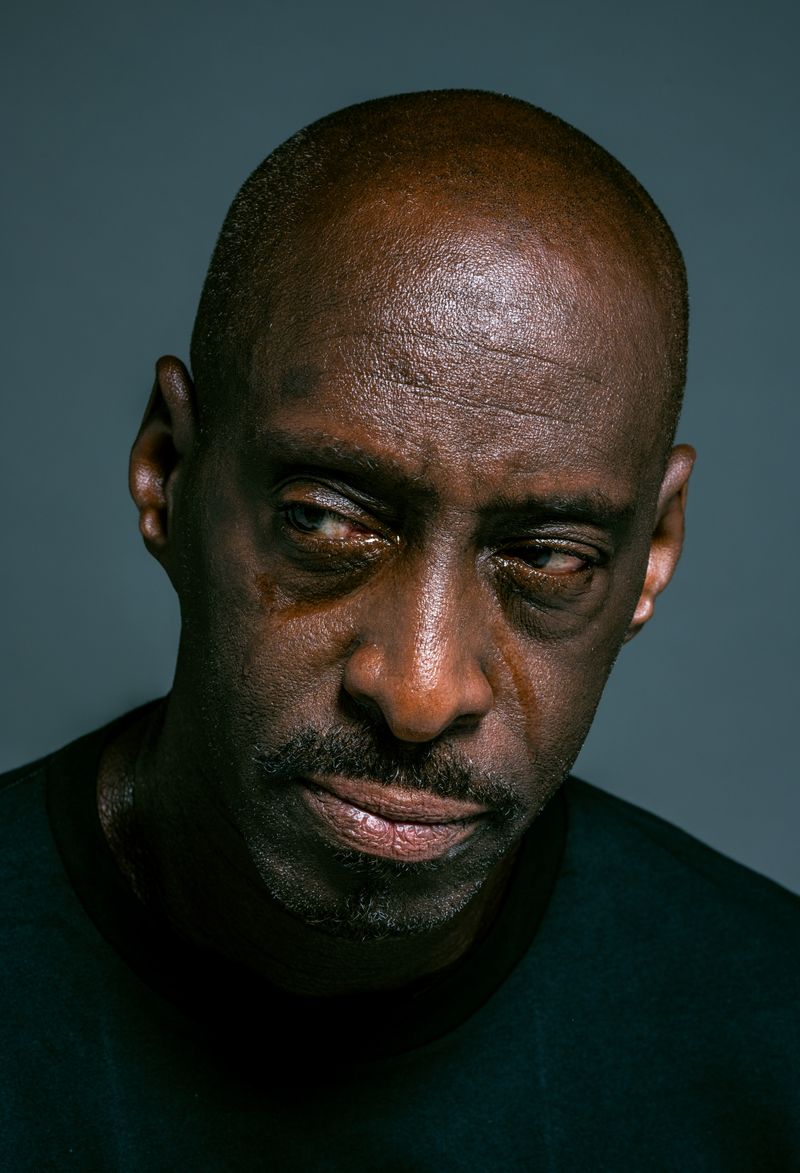FDA Panel Votes Against Investigational ALS Treatment
Introduction
In a blow to patients and researchers alike, nearly all members of the FDA‘s Cellular, Tissue, and Gene Therapy Advisory Committee voted against the data presented for an investigational amyotrophic lateral sclerosis (ALS) treatment. This decision, which came in a 17-1 vote, stated that the data presented did not demonstrate substantial evidence of effectiveness for the treatment of mild to moderate ALS. The treatment in question, debamestrocel, is also known as mesenchymal stromal cells secreting neurotrophic factors (MSC-NTF), or NurOwn.
Pivotal Phase III Trial Failure
The decision was largely based on the treatment’s failure in a pivotal phase III trial involving approximately 200 ALS patients. The trial found that there was no statistically significant difference in the clinical response criteria at 28 weeks between the MSC-NTF group and the placebo group. This lack of efficacy on both primary and secondary endpoints led the committee to question the treatment’s effectiveness.
The Mechanism of Action and Manufacturing Concerns
MSC-NTF is an autologous cell-based therapy designed to secrete neurotrophic factors (NTFs), which are crucial for nerve survival and function. The exact mechanism of action for MSC-NTF is unknown, but it is hypothesized that by secreting NTFs, the therapy could potentially slow down disease progression in ALS patients. However, FDA reviewers not only raised concerns about the drug’s clinical trial data but also its manufacturing process. The agency deemed the initial submission scientifically incomplete and found the manufacturing information to be grossly deficient in ensuring product quality.
The Urgency for Effective Treatments
While the decision is undoubtedly disappointing for ALS patients and their families, it is essential to balance the urgency for effective treatments with the need for rigorous scientific scrutiny. Committee member Lisa Lee, PhD, highlighted the ethical concerns of providing false hope. False hope arises when the probability of a positive outcome is overestimated, which seems to be the case with MSC-NTF. It is crucial to approach ALS treatment development with honesty and transparency to avoid raising hopes based on incomplete or inconclusive evidence.
The Need for Further Research
Despite the setback, the advisory committee believes that an additional clinical trial is warranted. ALS is a devastating disease, and there is an urgent need for effective treatments. However, it is crucial to ensure that any new treatment is thoroughly tested and supported by robust scientific evidence. Rushing to market without sufficient evidence of effectiveness can be detrimental to patients and may lead to false hope.
The Difference in Opinion in the ALS Community
The decision by the advisory committee highlighted the difference in opinion within the ALS community itself. While the advocacy group I Am ALS expressed its support for MSC-NTF, the ALS Association noted that the testimonials seen online did not align with the data shared by BrainStorm Cell Therapeutics, the developer of MSC-NTF. It is essential to critically evaluate the available data and rely on peer-reviewed publications when assessing the potential benefits of any treatment.
Conclusion – A Decision to Await
The FDA‘s decision whether to approve MSC-NTF is expected by December 8. It is important to remember that the FDA is not obligated to follow the advice of its advisory committees, although it often does. While this setback is undoubtedly disappointing, it is crucial to prioritize the quality and efficacy of treatments for ALS patients. Further research is necessary to ensure that any future treatments provide the necessary benefit and meet the rigorous standards required for approval.
Advice for ALS Patients and Families
In the face of setbacks like this, it is crucial for ALS patients and their families to remain informed and engaged in ongoing research. There are many support groups and organizations, such as the ALS Association, that provide valuable resources and up-to-date information. It is important to consult with healthcare professionals and explore all available treatment options while also participating in clinical trials when appropriate. The path to finding effective treatments for ALS may be challenging, but by staying informed and advocating for progress, patients and their families can contribute to advancements in the field and bring hope for a brighter future.

<< photo by rasul lotfi >>
The image is for illustrative purposes only and does not depict the actual situation.
You might want to read !
- FDA advisers vote against experimental ALS treatment pushed by pharmaceutical company: What does this mean for patients?
- Surge in COVID-19 Infections and Hospitalizations Expected in Canadian Provinces
- Introducing “Dark Shadows: The Unveiling of a Sinister Tale”
- Reba McEntire Discovers Phenomenal Talent in Four-Chair Singer Jordan Rainer on ‘The Voice’
- Country music icon Reba McEntire spices up Season 24 of ‘The Voice’: Get an exclusive sneak peek
- Québec’s Multibillion-Dollar Bid to Attract Northvolt
- Canadian Talent Shines Bright: Revealing the Winner of ‘America’s Got Talent’
- The Clash of Blue and Seagulls: A Comprehensive Preview of Chelsea vs Brighton
- An In-Depth Analysis of Cory Schneider’s Impact on Hockey Canada vs. BCHL: A Visual Journey
- Unstoppable Real Madrid Squad Takes on Las Palmas in 2023 La Liga Showdown
- BCLC Anticipates 20% Surge in Ticket Sales as Lotto 6/49 Reaches New Heights
- “France Rugby Captain Antoine Dupont Consults Surgeons for Facial Injury: A Blow to the Team’s World Cup Hopes?”
- Google’s 25th birthday: Exploring the evolution of the search engine giant
- Celebrating 25 Years of Google: Exploring the Special Google Doodle and More




